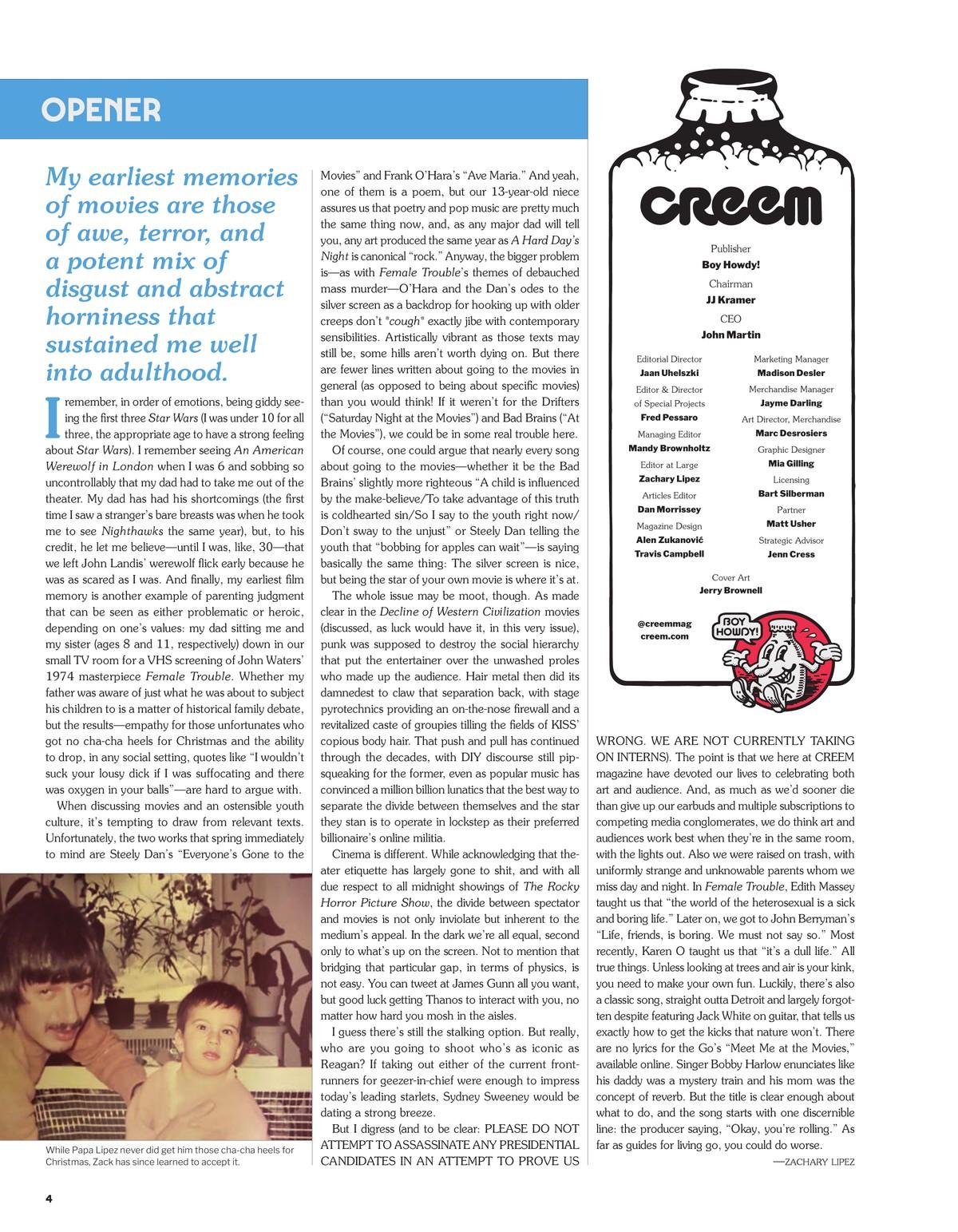OPENER
My earliest memories of movies are those of awe, terror, and a potent mix of disgust and abstract horniness that sustained me well into adulthood.
June 1, 2024


Loading...

My earliest memories of movies are those of awe, terror, and a potent mix of disgust and abstract horniness that sustained me well into adulthood.


Loading...